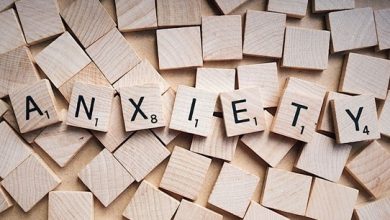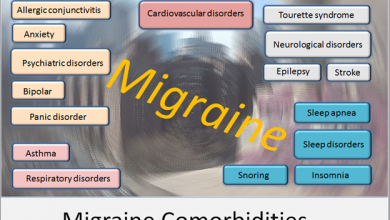How to Improve Your Memory: Tips and Methods
Improving your memory

The Best Ways to Improve your Memory
Is it true that you can increase your memory?… you’ve undoubtedly wished that your memory was a little better if you’ve ever forgotten where you put your keys or blanked out material on critical tests, am I right?
Well, my name is Juan Plamen, and I have great news for you! There are several things you can do to assist and enhance your memory, fortunately.
For example, using a reminder system may obviously be beneficial because you can keep track of all your appointments and meetings by using an online calendar that sends reminders to your phone.
Creating daily to-do lists will help you remember critical activities that must be accomplished.
But what about all the crucial knowledge you’ll need to store in your long-term memory?
There are a few techniques you may use to get more out of your memory and It will take some work and may even require modifying or drastically changing your regular study regimen.
Here I’m about to write some of the best techniques so make sure to check out some of these tried-and-true memory-improvement strategies before your next major exam or other memory-related goals you may have.
These research-backed methods will help you improve your memory, recall, and retention of knowledge.
1. Focus Your Attention
One of the most important aspects of memory is attention.
What this means?… this means you must actively attend to information in order for it to transfer from your short-term memory to your long-term memory, always make an effort to study in an environment devoid of distractions such as television, music, and other forms of entertainment.
Getting rid of distractions may be difficult, especially if you live with rowdy roommates or youngsters.
2. Avoid Cramming
You can get the time you need to digest knowledge by studying things across several sessions.
What’s more… did you know students who study periodically recall the content considerably better than those who spend all of their studying in one marathon session?…
According to research, you should take a rest every 45min. or after 1 hour of studying, or else, all you’ve been studying may just be as easily gotten as forgotten.
3. Structure and Organize
According to researchers, information is arranged in memory in linked clusters, by arranging and organizing the stuff you’re learning you may take advantage of this.
To assist in organize related topics, try putting comparable concepts and words together or construct an outline of your notes and textbook readings.
4. Utilize Mnemonic Devices
A mnemonic is a method of remembering information and mnemonic devices are a type of memory aid that students frequently employ.
For example, you may link a phrase you need to remember with a common item with which you are extremely familiar.
Some of the most effective mnemonics are:
- Positive imagery (imagine a situation that brings you joy and attach it with the word)
- Comedy (think about a funny or unreal situation and include the word)
- Novelty (think about something new or unusual and include the word)
Recommended read: How to control your emotions
5. Elaborate and Rehearse
You must encode what you are studying into long-term memory in order to recall it and elaborative rehearsal is one of the most successful encoding strategies.
Reading the definition of a crucial phrase, studying the definition, and then reading a more thorough description of what that term means is an example of this method.
You’ll probably realize that memorizing the knowledge is considerably simpler after repeating this procedure a few times, just try it and you’ll see results very soon I guarantee!
6. Visualize Concepts
Many people find that picturing the subject they are studying is quite beneficial. As an example, In your textbooks, pay close attention to the photos, charts, and other visuals.
If you don’t have any visual aids, consider making your own and try to group similar topics in your written study materials, draw charts or figures in the margins of your notes, or use highlighters or pens in different colors.
7. Read Out Loud
According to research conducted in 2017, reading items aloud increases your recollection of the information substantially. Educators and psychologists have also shown that having pupils teach new topics to others improves comprehension and memory
8. Get some sleep
Researchers have long recognized the importance of sleep on memory and learning.
According to studies, napping after learning something new might really help you learn quicker and remember more, in addition to that, one study in 2014 discovered that sleeping after learning something new causes positive physical changes in the brain and more retention of what we’ve learned!
Following a learning exercise, sleep-deprived mice had less dendritic development than well-rested animals.
Check My Private Psychology Library: Best Digital Books for Psychology
Read More About Business Here > Psychology Blog
…
Would You Like To Be Able To Help, Heal, And To Change Your Life And The Life Of Many People By Learning New Skills?…
Below Are The Easiest And The Most Effective Ways To Make It Happen!
Other Important Resources
- Book: Improve Your Life Today Book
- Instagram: Personal / Eagle Beagle Spirit
- Visit Our Shop: Eagle Beagle Spirit Shop or Become An Ambassador
Always fighting for your rights and your daily improvement,
Juan Plamen




